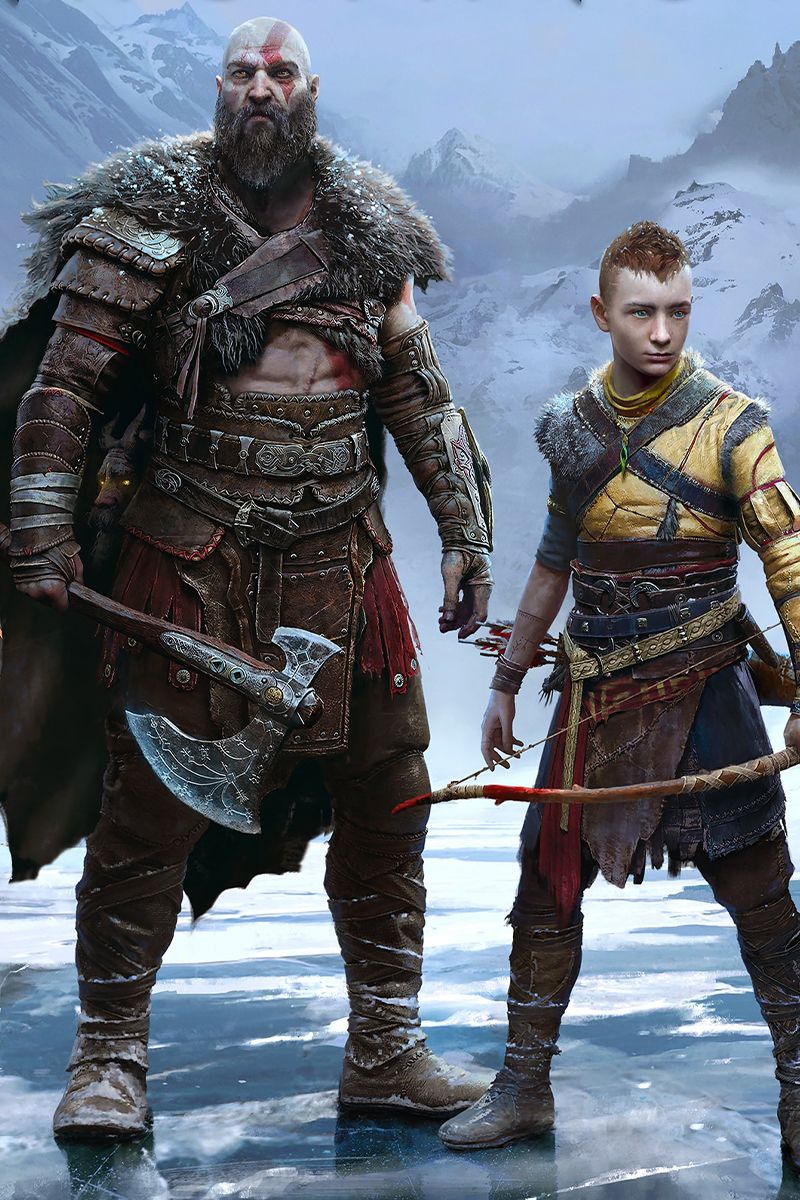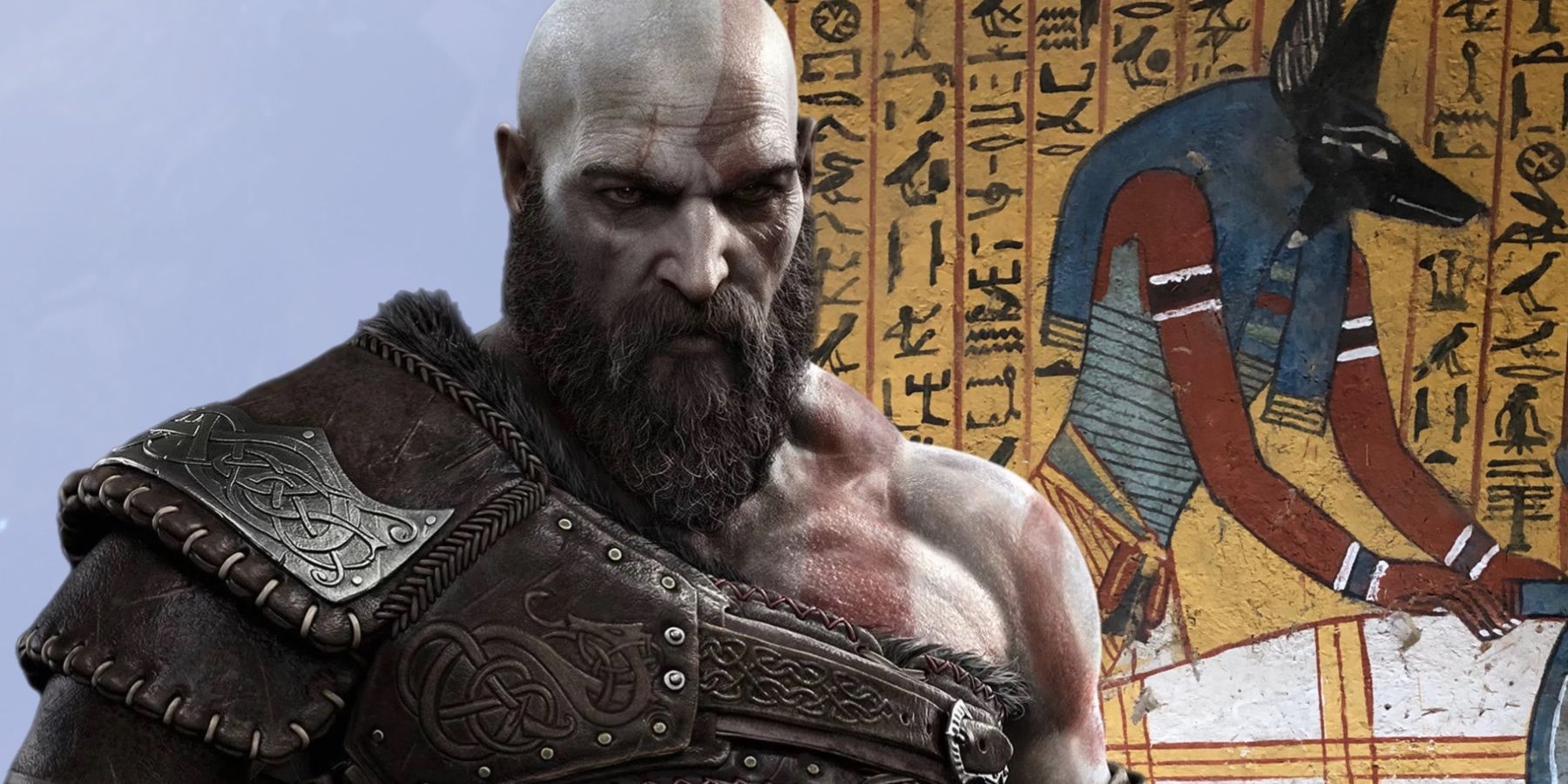Highlights
- The Norse era brought a much-needed evolution to God of War, with a mature take on Kratos.
- A theoretical God of War game in Egypt could explore the afterlife, offering a unique perspective on death.
- The Egyptian Field of Reeds is a notably peaceful form of afterlife that could be just the rest Kratos deserves if his story comes to a permanent end in Egypt.
The God of War franchise turning away from the Greek saga and entering its Norse era was a great change of scenery for the series. After years of exploring the Greek pantheon, a new chapter was a much-needed evolution for God of War. Not only did the franchise’s setting change drastically, but so did Kratos as a character. The Norse saga introduced a more mature and nuanced take on the series that showcased some great growth from such an iconic protagonist.
Both the Greek and Norse pantheons are filled with fascinating lore and history, but the Norse story stepped away from exploring some portions of mythology. The Greek saga spent a lot of time with its underworld, and God of War may need to examine the afterlife of its next prospective pantheon at a greater length. Recent rumors and speculation have suggested God of War is gearing up to introduce a new pantheon, and if this is the case, this would present the perfect time to explore a fascinating afterlife.
God of War: One Kratos Arc Has Overstayed Its Welcome
God of War will need to move its narrative forward in a major way, and tossing one prominent theme in the bin could help achieve this end.
An Egyptian God of War Should Make the Afterlife a Priority
God of War has spent a lot less time in Helheim, the Norse afterlife, during its era. Although players visit the realm, there is so much more that could be explored with the area’s history and myth. The current expectations for God of War are based on speculations that Kratos and Atreus’ individual journeys will lead them out of the Norse realm, with one possibility being Egypt. This possible new setting would provide the perfect ingredients to kickstart a new and compelling chapter for the franchise.
The Egyptian Afterlife is a Unique Perspective on Death
When it comes to ancient mythologies from around the world, they each have their own fascinating version of an afterlife, but the Ancient Egyptian version of this concept is one of the most unique in world history. God of War‘s possible exploration of new mythologies could set the stage for Ancient Egypt’s afterlife to be put in the spotlight. Known as A’aru, or the Field of Reeds, this interpretation of an afterlife is far more peaceful than a lot of other ancient cultures’ views.
In the Field of Reeds, people are introduced to an idealized version of their life on Earth. According to the Ancient Egyptians, death was not an end to one’s life, but a continuation of the soul. It was believed that there was no pain or suffering in the Field of Reeds, which could be fascinating to see showcased in God of War. Although Helheim hasn’t been explored to its full extent, the Norse afterlife clearly was an oppressive and cold environment devoid of anything positive, so it would be intriguing to see the opposite of that.
Anubis is a jackal-headed deity who serves as the guide to the underworld in Ancient Egyptian mythology.
Setting the Stage for Krato’s Next Chapter
The end of Ragnarok‘s Valhalla DLC saw Kratos finally accepting and forgiving himself after years of inner conflict. Now that Kratos has finally come to terms with who he is, there is a strong possibility that the next game in the franchise could be the end of his long journey. As Kratos gets older, there have been expectations that the character may eventually meet his fate, but that ending doesn’t have to be tragic, especially if his path leads him to Egypt.
If Kratos dies in the next God of War, he deserves to die in peace, and the Field of Reeds would offer just that. Since the beginning of the Norse saga, it seems as though God of War has been eyeing Atreus to take up Kratos’ protagonist mantle, and if that happens, Kratos deserves an afterlife that gives him the happy ending he has fought so hard for.

God of War: Ragnarok
God of War Ragnarok is an action-adventure game developed by Santa Monica Studio and published by Sony Interactive Entertainment. It serves as the sequel to God of War (2018) and the conclusion to Kratos and Atreus’ journey through Scandinavia. Loosely based on Norse mythology, players will fight mythological creatures while witnessing the events of Ragnarok.
- Released
- November 9, 2022
- ESRB
- M For Blood and Gore, Intense Violence, Strong Language
- How Long To Beat
- 26 Hours
- Metascore
- 94
- PS Plus Availability
- N/A

